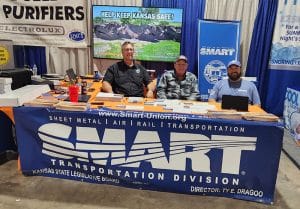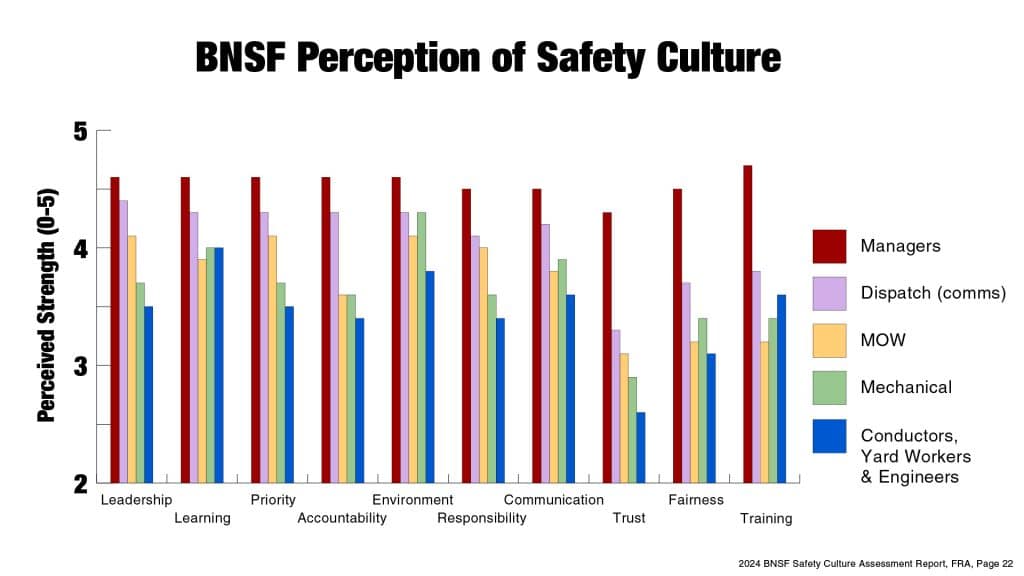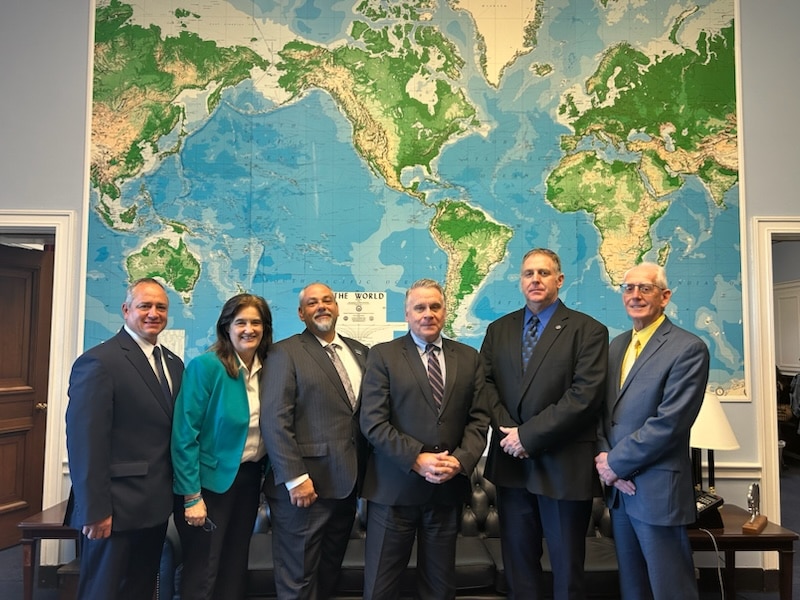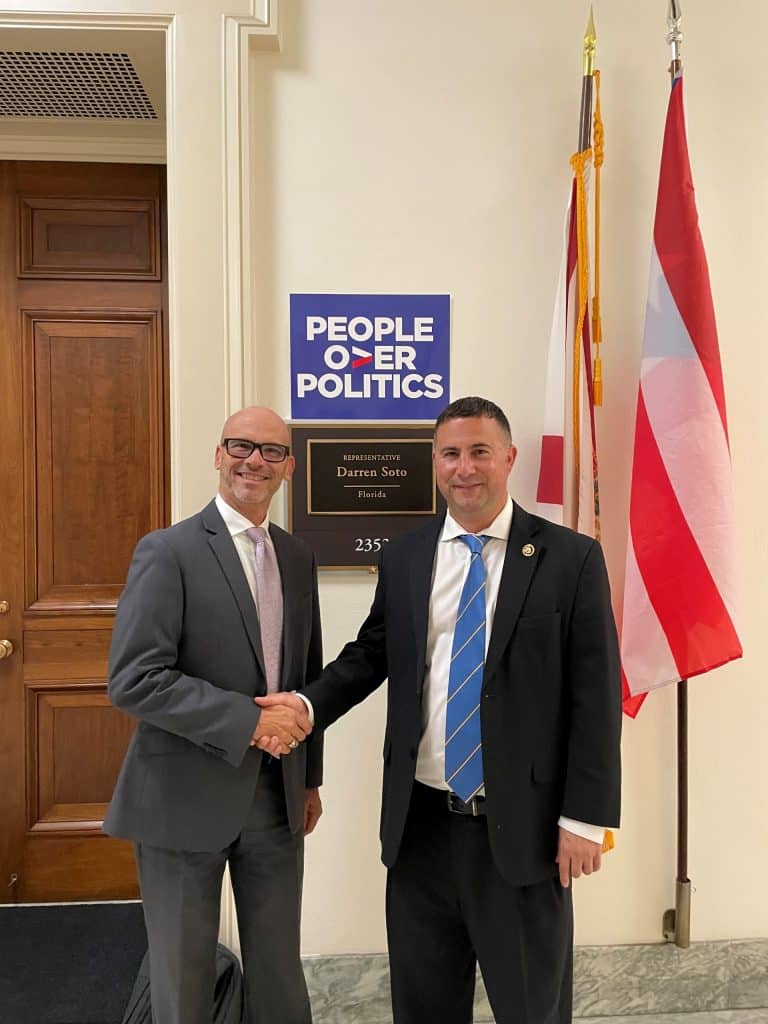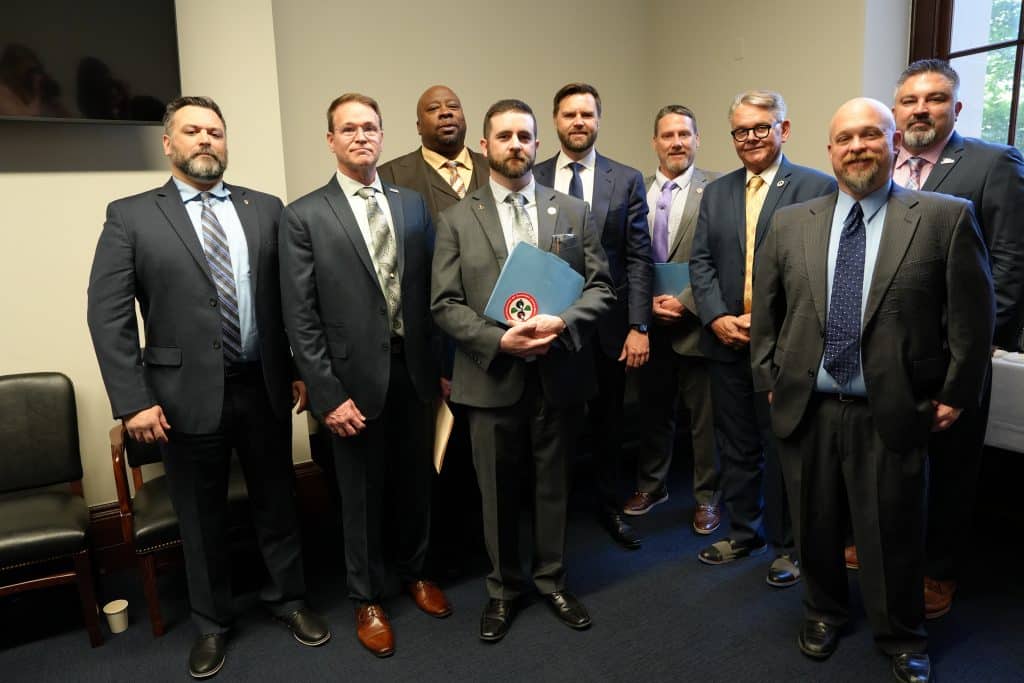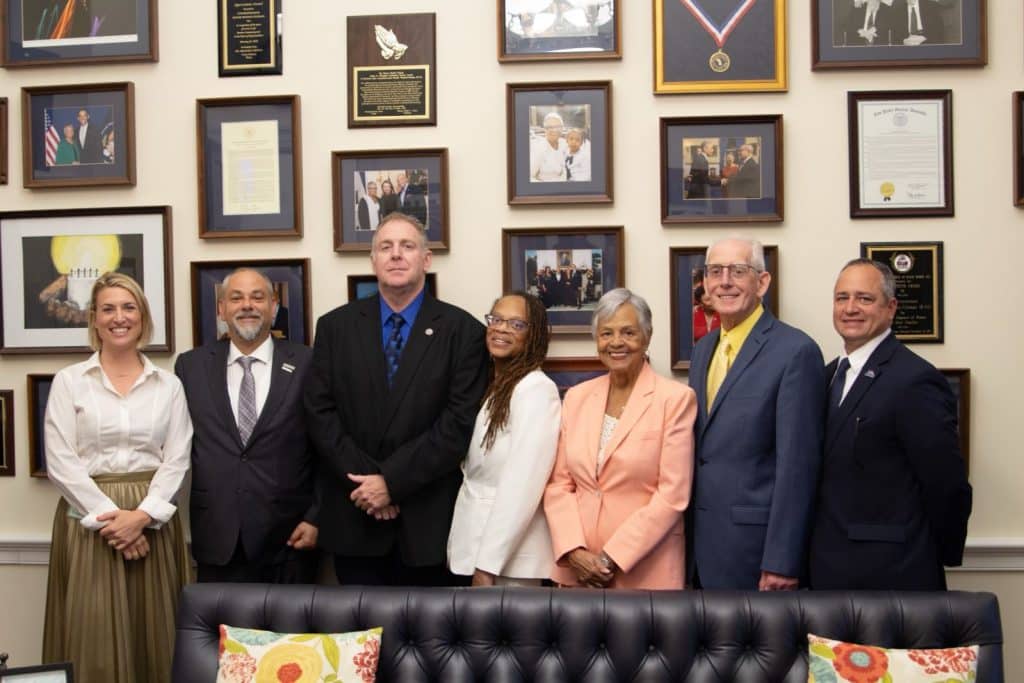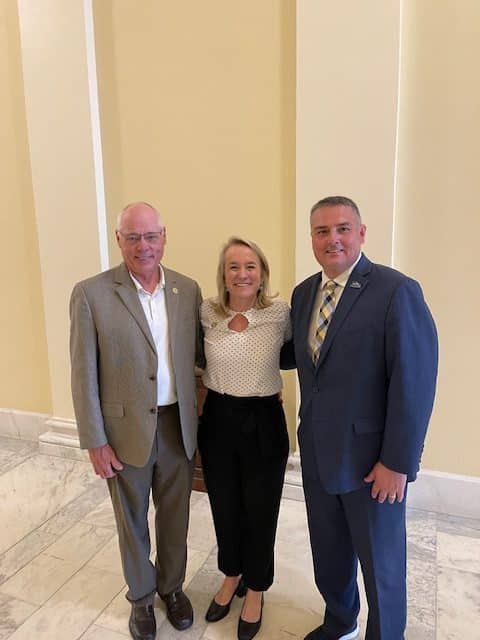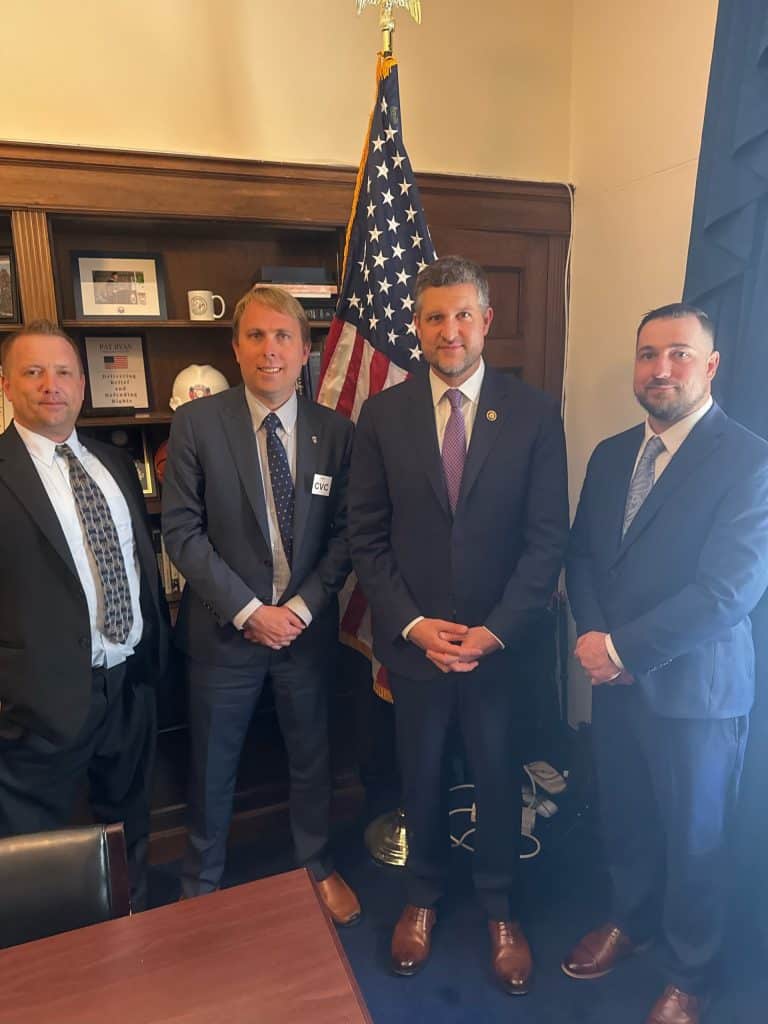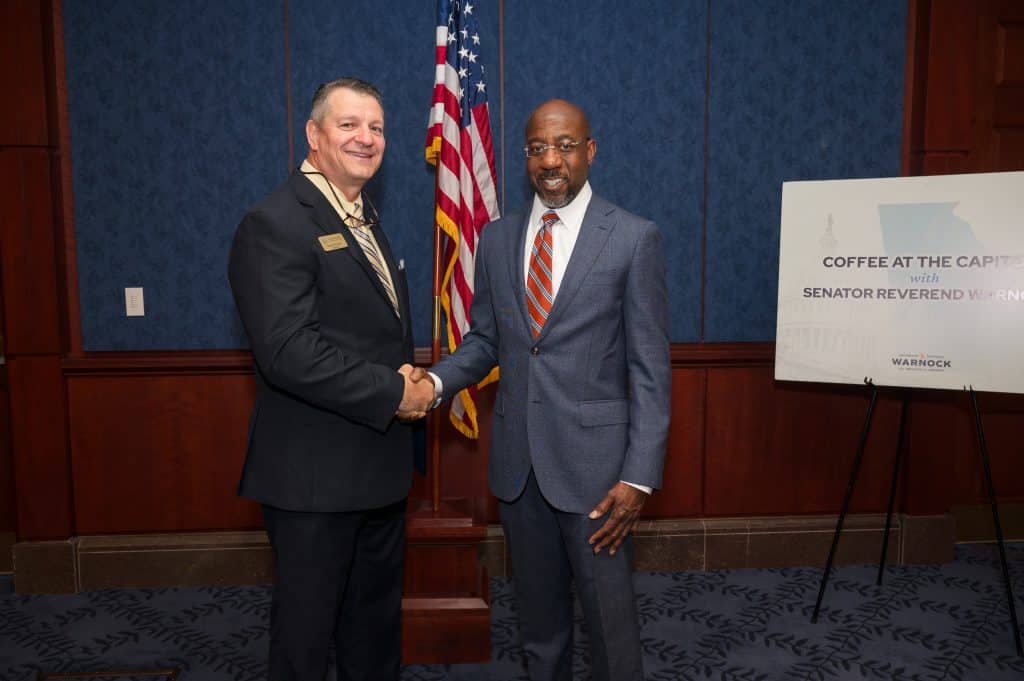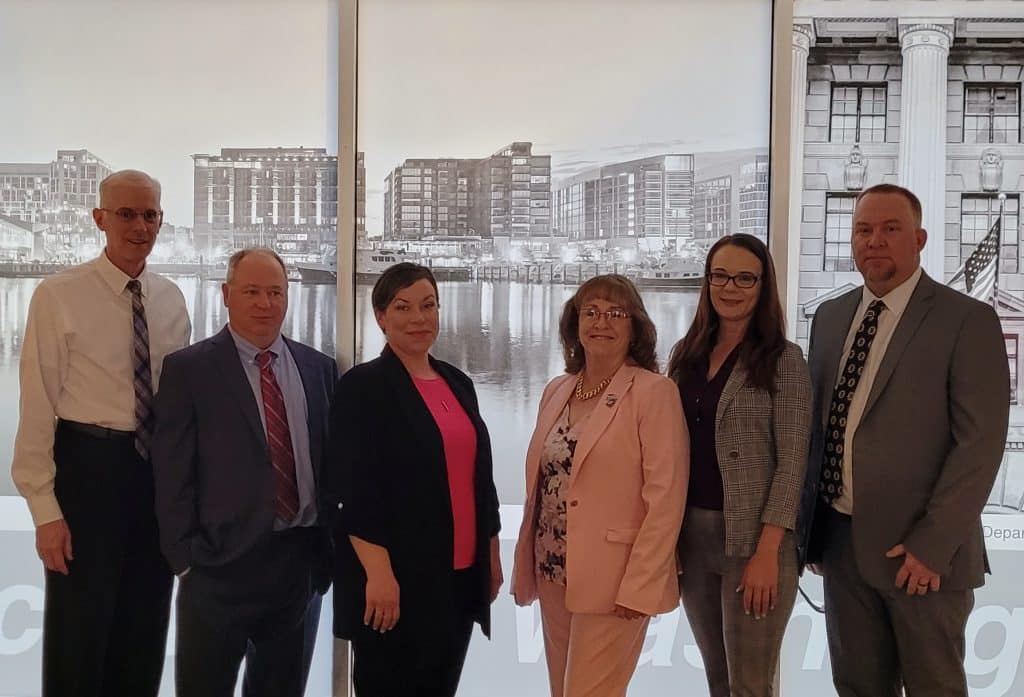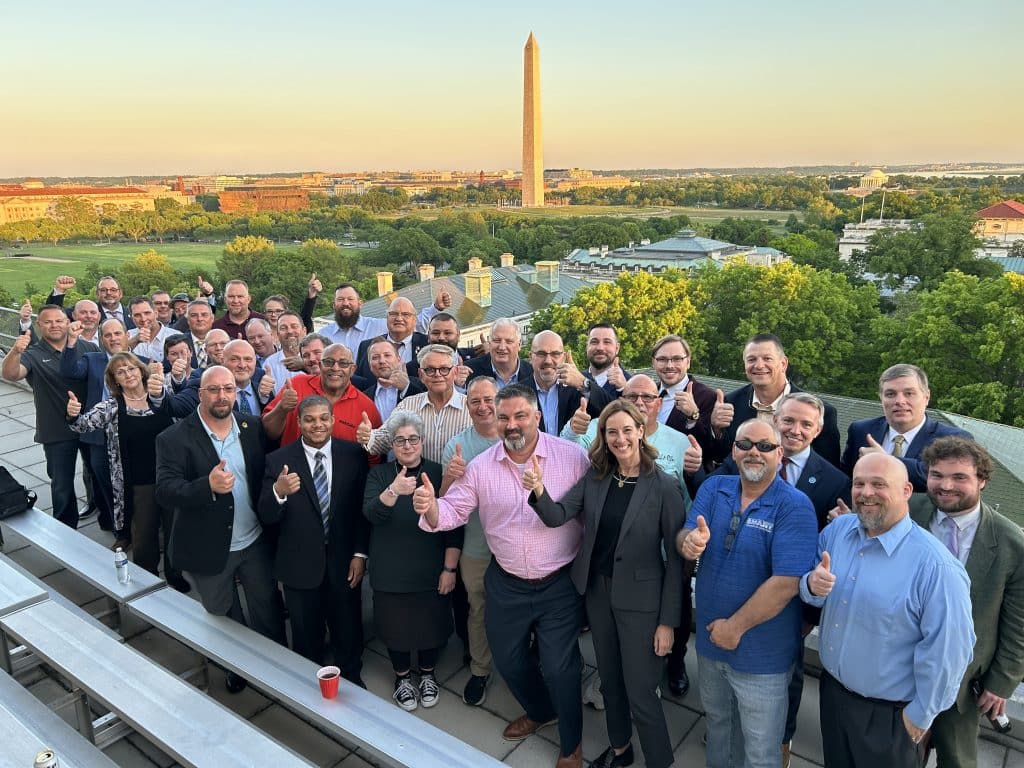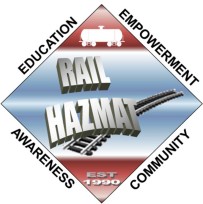The Canadian National Railroad (CN) has sent their crews rolling through communities without access to essential safety documents, ranging from operating rulebooks to their Emergency Response Guides (ERGs). The railroad’s electronic document system recently failed without a meaningful backup, placing everyone on or near their trains at risk.
This situation raises serious safety concerns, especially as CN’s freight trains travel extensively across both the U.S. and Canada.
Help SMART-TD track the impact of this problem. If you work for CN, fill out the safety condition report for every incident. The form is available on the SMART App and SMART-TD’s websites.
CN railroader and Michigan’s Alternate State Safety and Legislative Director Eric Stanger told SMART News, “The idea that there is not an adequate contingency plan in place for this is mind blowing.” Brother Stanger went on to say, “In any other circumstance, CN would be handing out discipline for not having these documents, but because it’s on them, they are insisting the workforce violate their own operating rules.”
App outage leads to risky business
CN’s Comply365 app, which provides train crews with electronic access to rulebooks, timetables, federally mandated ERGs, track charts and other vital information, crashed this week.
The app’s sudden loss stemmed from a systemwide software update gone wrong, leaving crews without critical resources as they navigate complex rail routes and handle hazardous materials from Canada to the Gulf Coast.
Paper backups still needed, according to feds
A recent ruling from the U.S. Department of Transportation’s Pipeline and Hazardous Materials Safety Administration (PHMSA) acknowledge that electronic systems can fail.
They ruled that readily available physical copies of hazardous materials paperwork are required. Their decision is grounded in common sense: computers crash, our trains should not.
CN got an exception that’s unsafe for our members
PHMSA granted CN a special permit in 2020 allowing them to use an entirely paperless system to provide hazmat data to their crews. This permit required a “reliable and readily available backup plan.” The current scenario, with Comply365 being unavailable in some areas for over a week, proves that those requirements were not met by CN. They did NOT hold up its end of the agreement, and SMART-TD members are at risk.
Many of our CN brothers and sisters have not been able to access the backup software, known as Content Locker. After long hold times with the IT desk, many of them have not been given any solutions to the problems with their devices.
Safe operations are further hampered because, while trains run 24/7, CN technical support closes from midnight through 6 a.m. daily.
Backup failure causes problems
Even when it works, Content Locker is out of date. The version of the ERG available on Content Locker is from 2020. Under normal circumstances, this would be disqualifying for any Class I railroad.
Providing printed copies of the 2024 ERG for their employees, at a whopping $0.05 per page, was considered by the railroad to be too costly an investment in employee safety.
PHMSA waiver nears its end date
This is not the best time for CN to highlight that the system they’ve taken on a trial run is down or to try to obtain thousands of printed ERGs. Their special permit from PHMSA is currently up for renewal!
So, for now, CN has every crew on their system running with outdated emergency response guides as their only available resource. Of course, that’s WHEN they’re available.
Workers run with old info, deal with tech crashes
Many of the CN members of SMART-TD report that they are also working with outdated timetables, and some are running without their daily bulletins. These crews must rely on conversations with other crew members to learn about temporary speed restrictions, work authorities, and other critical information that keeps them safe and out of trouble while navigating their day-to-day activities.
Content Locker occasionally freezes their “Zebra” tablets, the technology platform provided by the railroad. The conductor/engineer must reboot and reconfigure the program each time to regain access to timely safety information.
For anyone who has ever been on a 15,000-foot mixed freight train going 50 mph, you need answers to help keep your train on the rails and in compliance. Every document is essential, formally required, and crews do not have time to leisurely shut down and restart troubled tech when they need the information they contain.
A carrier without a plan
As SMART News found out in conversations with CN members, this is not the first time CN has had a systemwide outage of Content365. In 2022, the system was down for approximately three days. Despite this prior outage, CN hasn’t come up with a better solution in two years. This is unacceptable for worker and public safety.
It could have been worse
SMART News was able to contact CN members in multiple general committees, and we are happy to report that not all of these territories have had the same level of complications from the outage.
General Chairperson Kenneth Flashberger of GCA-987 (Wisconsin Central) reported that his crews reported very little disruption in their service. In his territory, the outage inconvenienced crews for less than a day. The workaround provided by CN was successful, and crews consistently have had access to the data they needed via Content Locker.
The outage affects safe operations
By prioritizing electronic solutions over reliable, physical copies of crucial documents, CN has put its train crews and the public at risk. The bottom line is that CN failed to plan, and now SMART-TD’s men and women are at risk because of it.
Any corporation willing to skirt federally mandated, common-sense safety protocols to avoid the cost of printing backup copies of timetables, rulebooks, track charts, and ERGs is not worthy of claiming “safety is a core value.”
